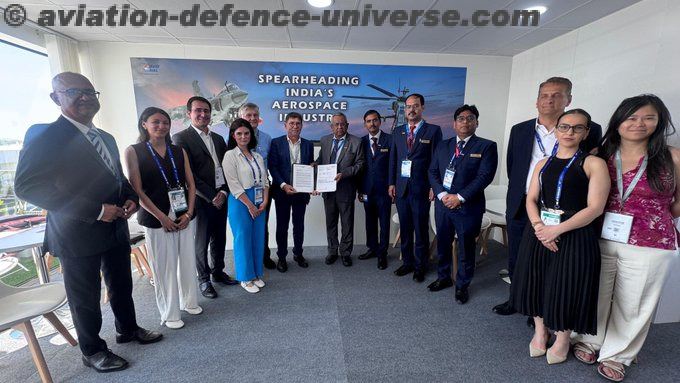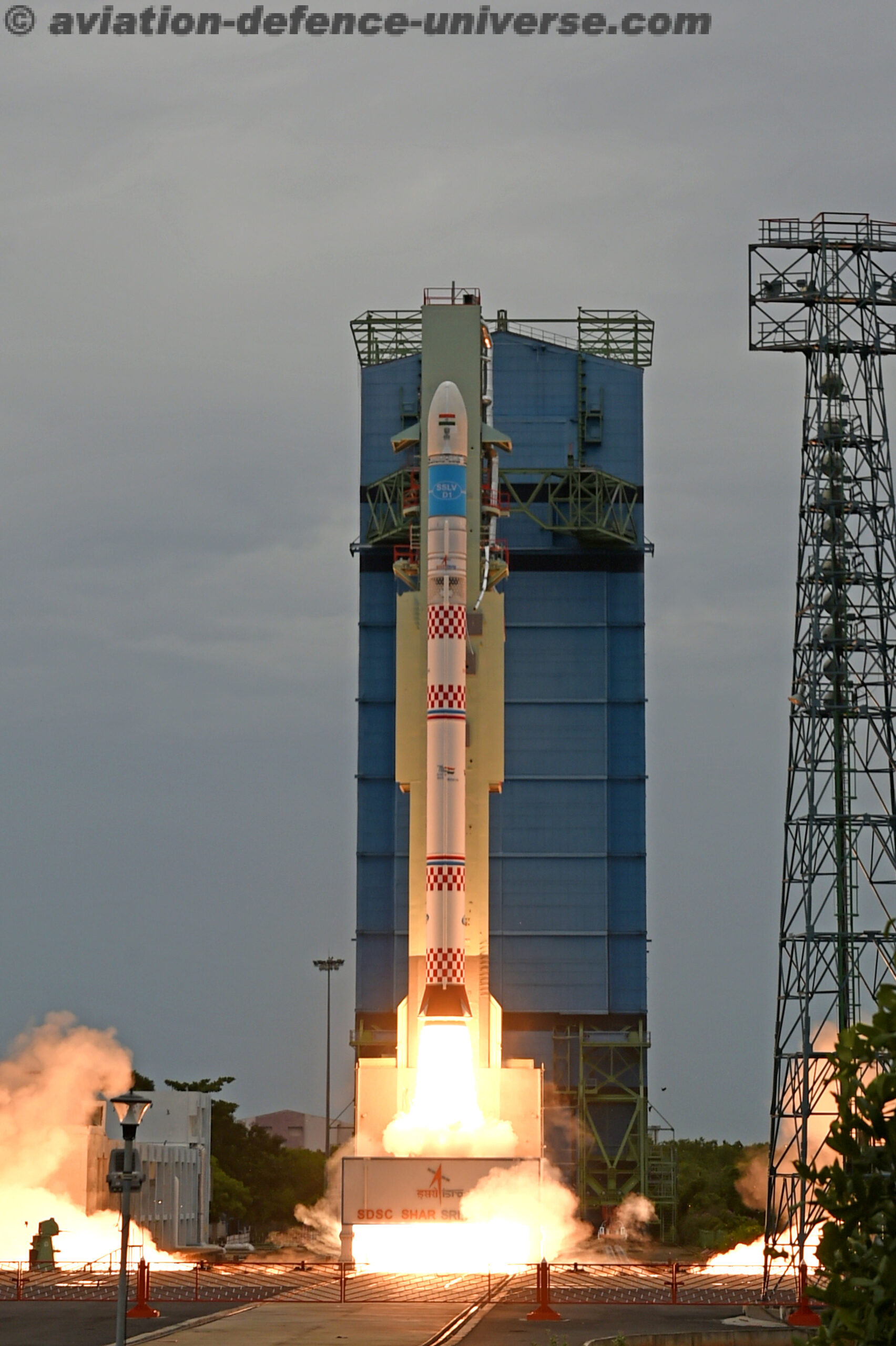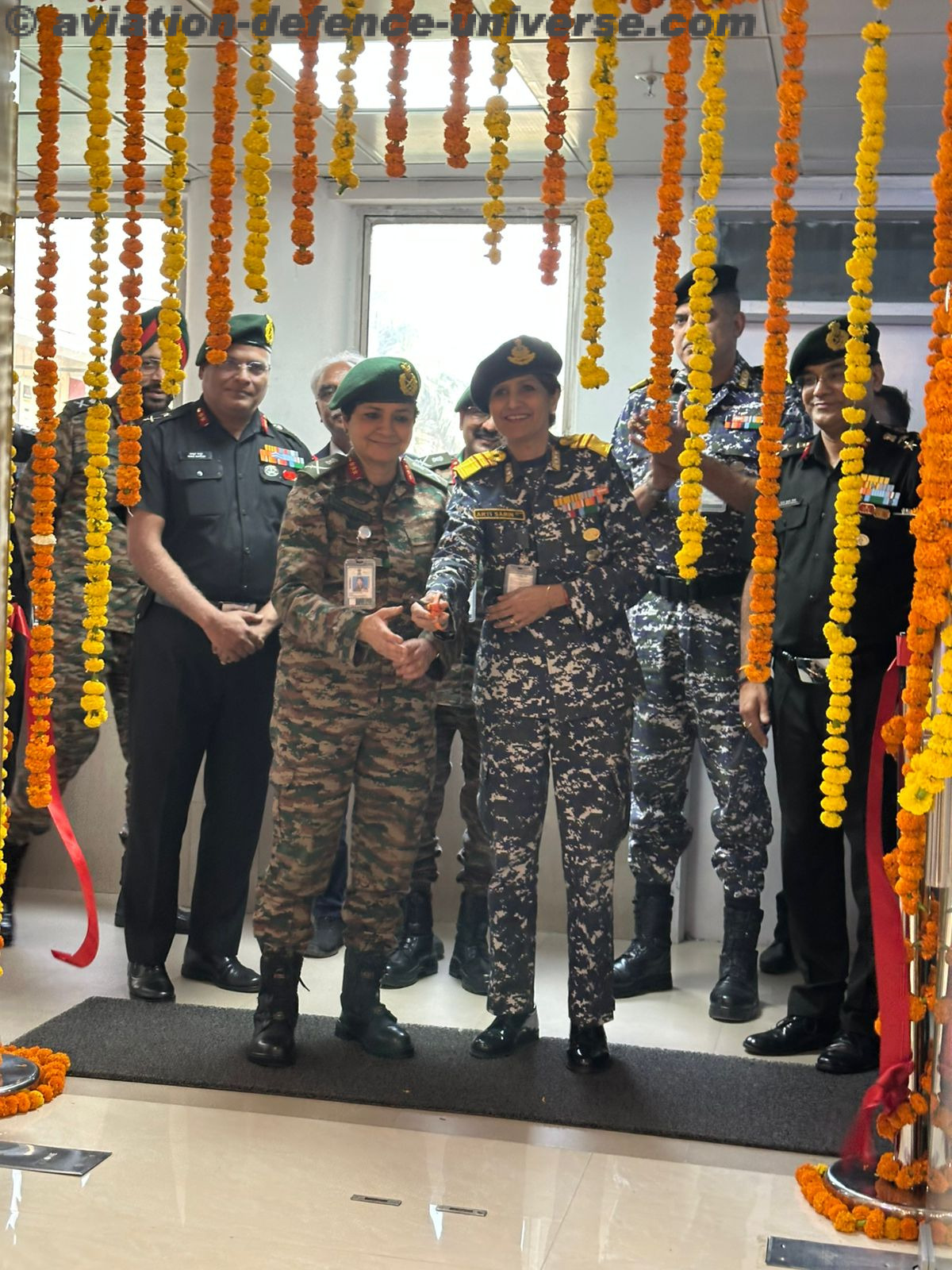New Delhi. 25 September 2016. With Indo-Pak tension at its peak and PM Modi’s anti-Pak oration at Kozhikode , it did not come as a great surprise when Modi called a meeting to discuss the Indus Water Treaty. The Prime Minister wants to understand the pros and cons of all confidence building measures between the two nations. So let us also revisit the 56 years old treaty.
The Indus Waters Treaty is a water-distribution treaty between India and Pakistan, brokered by the World Bank (then the International Bank for Reconstruction and Development).The treaty was signed in Karachi on September 19, 1960 by Prime Minister of India Jawaharlal Nehru and President of Pakistan Ayub Khan.
According to this agreement, control over the three “eastern” rivers — the Beas, the Ravi and the Sutlej — was given to India, while control over the three “western” rivers — the Indus, the Chenab and the Jhelum — to Pakistan. More controversial, however, were the provisions on how the waters were to be shared. Since Pakistan’s rivers flow through India first, the treaty allowed India to use them for irrigation, transport and power generation, while laying down precise regulations for Indian building projects along the way. The treaty was a result of Pakistani fear that, since the source rivers of the Indus basin were in India, it could potentially create droughts and famines in Pakistan, especially at times of war.
Since the ratification of the treaty in 1960, India and Pakistan have not engaged in any water wars. Most disagreements and disputes have been settled via legal procedures, provided for within the framework of the treaty. The treaty is considered to be one of the most successful watersharing endeavours in the world today, even though analysts acknowledge the need to update certain technical specifications and expand the scope of the document to include climate change. As per the provisions in the treaty, India can use only 20% of the total water carried by the Indus river.
However, a transition period of 10 years was permitted in which India was bound to supply water to Pakistan from these rivers until Pakistan was able to build the canal system for utilization of waters of Jhelum, Chenab and the Indus itself, allocated to it under the treaty. Similarly, Pakistan has exclusive use of the western rivers Jhelum, Chenab and Indus. Pakistan also received one-time financial compensation for the loss of water from the eastern rivers.
Since March 31, 1970, after the 10-year mohe treaty resulted in partitioning of the rivers rather than sharing of their waters.The countries agree to exchange data and co-operate in matters related to the treaty. For this purpose, treaty creates the Permanent Indus Commission, with a commissioner appointed by each country.ratorium, India has secured full rights for use of the waters of the three rivers allocated to it. T
The agreement set up the Permanent Indus Commission to adjudicate any future disputes arising over the allocation of waters. The Commission has survived three wars and provides an ongoing mechanism for consultation and conflict resolution through inspection, exchange of data and visits.
The Commission is required to meet regularly to discuss potential disputes as well as cooperative arrangements for the development of the basin.
Either party must notify the other of plans to construct any engineering works which would affect the other party and to provide data about such works. In cases of disagreement, a neutral expert is called in for mediation and arbitration. While neither side has initiated projects that could cause the kind of conflict that the Commission was created to resolve, the annual inspections and exchange of data continue, unperturbed by tensions on the subcontinent.
India communicates as a gesture of goodwill, flood data to Pakistan from 1st July to 10th October every year, to enable them to undertake advance flood relief measures. The arrangement is reviewed every year.
India has come a long way since Pandit Jawaharlal Nehru strongly stated, “What India did with India’s waters was India’s affair,” to Pakistan’s founder Mohammed Ali Jinnah statement that he would rather have “deserts in Pakistan than fertile fields watered by the courtesy of Hindus”.
That is how the two countries reacted to a suggestion on joint river management from Cyril Radcliffe, the chairperson of the Punjab boundary commission.
Waters of rivers can lead to wars and joint management of such bodies is a must was understood by Pandit Nehru and post Jinnah Pakistan in due course.
































































































































